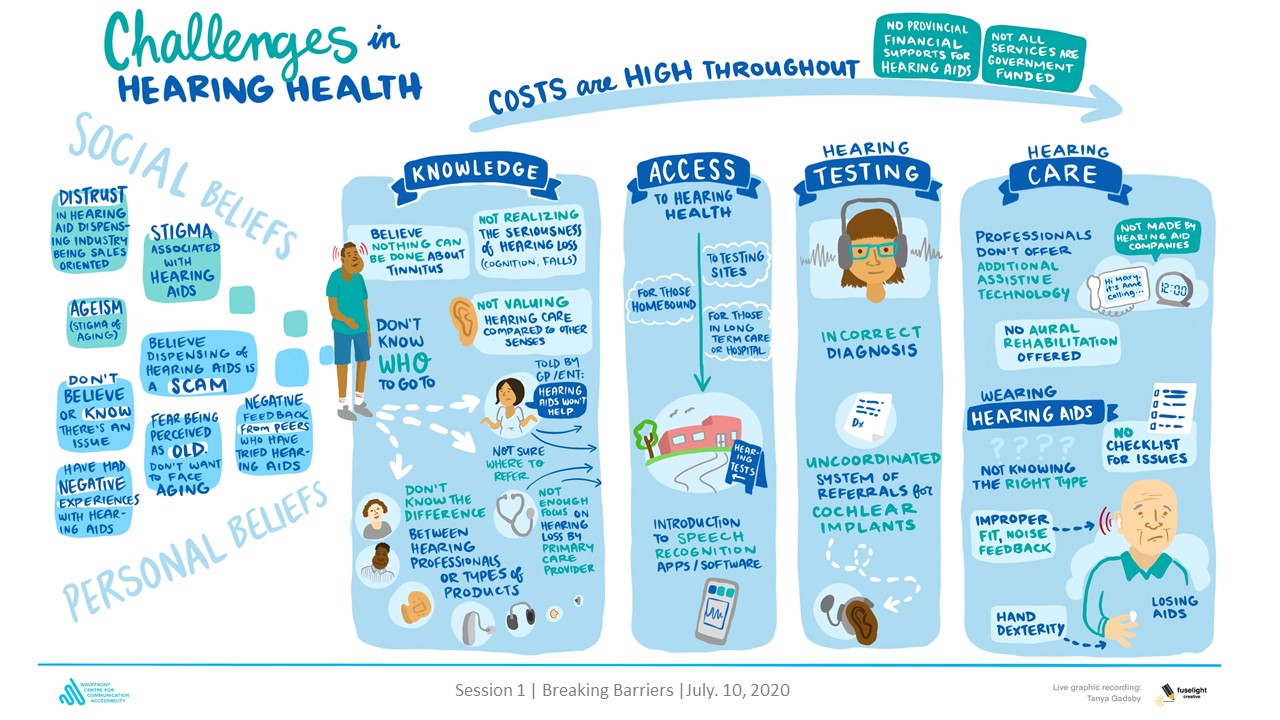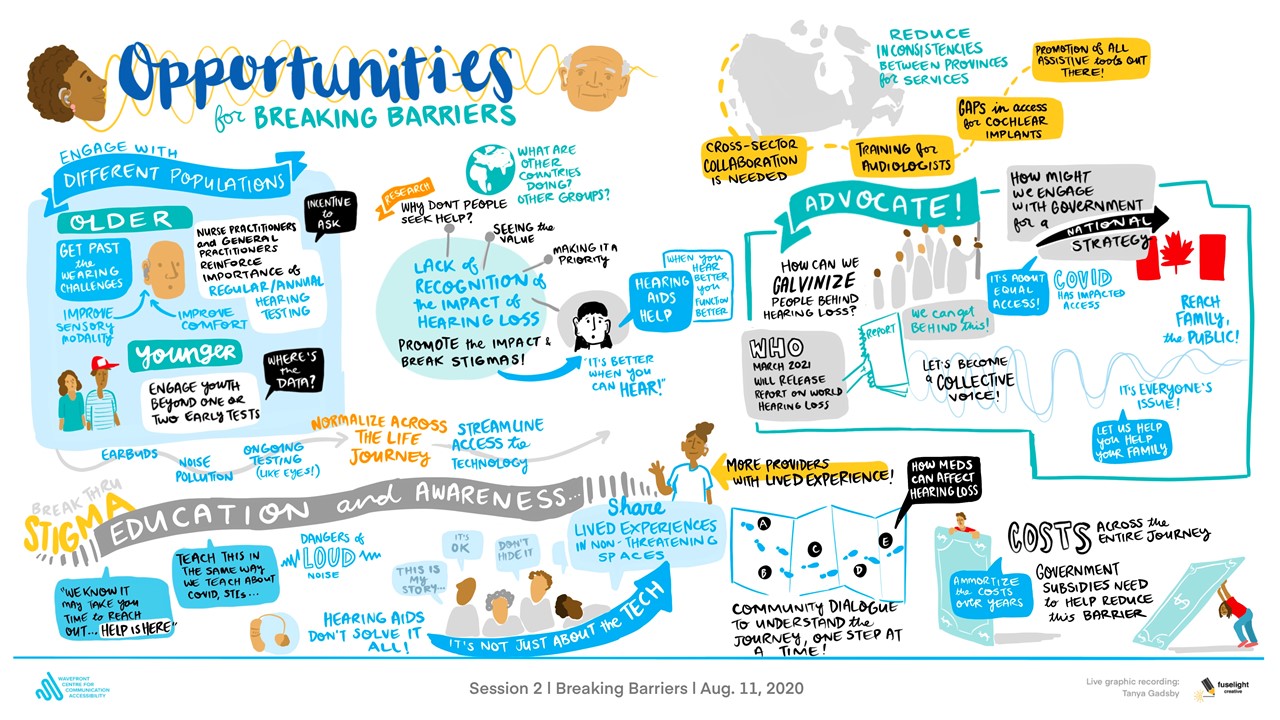Health Research BC is providing match funds for Phase 2 of the Network, which is funded by the Canadian Institutes of Health Research’s (CIHR) Strategy for Patient-Oriented Research (SPOR) Networks in Chronic Disease.
Supported through CIHR’s Strategy for Patient-Oriented Research and 15 generous funding partners, CHILD-BRIGHT is a pan-Canadian patient-oriented research (POR) network that focuses on brighter futures for children with brain-based developmental disabilities (BDD) and their families.
Dr. Dan Goldowitz, Professor Emeritus of Medical Genetics at UBC and senior scientist at the Centre for Molecular Medicine and Therapeutics at the BC Children’s Hospital Research Institute, is one of CHILD-BRIGHT’s three co-PIs, along with Drs. Steven Miller at UBC, and national PI Annette Majnemer at McGill University.
Our national Network of 350 researchers, clinicians, decision-makers, youth and parents have co-created a novel research program based on priorities identified by patient-partners and other stakeholders that incorporates new technologies and interventions to advance health practice and policy. In our initial phase (2016-22), thirteen projects focused on early intervention that promotes brain/child development, strategies that support mental health of children/families, and service delivery redesign that addresses gaps in service.
A major focus for our Network is moving research into action through insight, inclusivity and methods grounded in implementation science (IS) and knowledge mobilization (KM). In Phase 2 (2022-26), we will accelerate the uptake and use of the knowledge generated in Phase 1 to enhance child health and family well-being within BC and across Canada. Our goal is to become a movement for change by moving patients and families into research teams, moving research into practice and policy, and ultimately moving children and families forward to brighter futures.
Dr. Goldowitz is co-leading CHILD-BRIGHT’s Training and Capacity-building Program with implementation scientist Dr. Celia Laur from the University of Toronto. In concert with his UBC team, they will engage with relevant groups including patients and families, trainees, and researchers to build a comprehensive training program that will enhance core competencies in POR, KM, IS, and EDI.
In addition, a core Phase 2 project spearheaded by Drs. Hal Siden and Tim Oberlander will receive funding support. “Pain and Irritability of Unknown Origin (PIUO): Implementing a Diagnostic Pain Pathway in Community Clinics” will translate the findings from Phase 1 into a readily available tool that can help community pediatricians systematically assess the potential root causes of pain and irritability in children with complex medical needs.
Progress Report – May 2025
Training & Capacity Building Program
- Delivered 17 virtual sessions (462 participants), including webinars, equity-focused workshops, and Summer Studentship training.
- Launched a new “Coffee Chats” networking series (3 sessions, 20 participants) to foster cross-sector connections.
- Hosted a 3-part national virtual symposium on “Translating Learning to Sustained Impact” focused on sustaining patient-oriented research (POR).
- Supported four new inclusive training projects through the Training Innovation Fund (TIF), each funded up to $10,000.
- Supported 10 summer studentships across 7 research projects and 2 network programs.
- Funded two graduate trainees ($25,000 each) under a new Graduate Fellowship initiative.
- Advanced the Azrieli CHILD-BRIGHT Postdoctoral Fellowship program, preparing for a new cohort of five PDFs.
Pain Pathway Project
- Finalized a peer-reviewed study protocol for a hybrid effectiveness-implementation trial focused on pediatric pain and irritability; registered on ClinicalTrials.gov.
- Produced knowledge translation tools including a glossary and quarterly newsletters.
- Expanded the research team and formed two advisory bodies: a Parent Monitoring Board and a Clinician Advisory Group.
- Completed a scoping review on health inequities affecting children with complex health needs, now being developed into three manuscripts.
- Shared emerging findings through over 10 national and international presentations; submitted one peer-reviewed article with two more in preparation.
- Mentored 7 trainees (5 undergrads, 1 PhD candidate, 1 postdoc) across multiple institutions.
- Dr. Sharon Hou received a $5,000 Trainee Boost Award and secured a tenure-track faculty role at SFU while co-leading a CIHR Healthy Youth Grant and new collaboration with the Kids Brain Health Network (KBHN).
- Partnered with the BC Pediatric Society for participant recruitment, clinician engagement, and continuing education.



